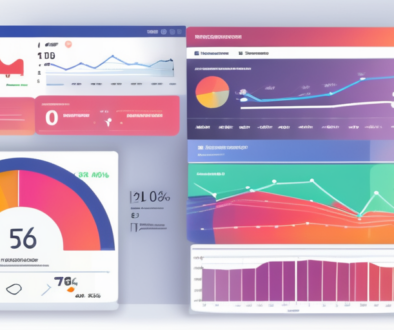🕵️♂️ The Case of the Odd Grocery Store Cashier 🏬
The other day I was in line to check out at the grocery store.
When I got up to the cashier, he did something odd: Before he scanned the first item, he laid all 15 items out with the barcode facing up.
Then he grabbed the handheld scanner and scanned them all as fast as he could.
And for the life of me, I couldn’t figure out why he did it this way.
As we walked out, I mentioned this odd behavior to a friend who was with me.
He said, “Oh that! Well, the faster he completes the transaction, the better his checker score is.”
“Checker score?” I said.
“Yeah, it’s how you get ranked and judged as a cashier.”
Interesting.
Checker score seems like a good idea, right? Making sure cashiers check people out as quickly as possible seems like the right thing to do.
Sure. But this particular method actually takes longer because he had to handle each item twice.
He had to arrange the items first, then scan each one.
But inside the computer, the countdown only started when he scanned the first item. His overall transaction time goes way down if he adds this extra step.
So he’s hacking the system to improve his score.
Our tendency is to blame this guy for his creativity. Frankly, I think it’s awesome. He’s simply pointing out the flaws in our one-dimensional metrics.
I don’t know how many times I work with clients that want impressions, views, lower bounce rate, or some other such metric.
And all those metrics are good things to improve.
But a singular metric like this is dangerous. When we start solving for a single metric, we get this type of odd behavior from our team and our efforts.
We start solving for impressions when we really want revenue. Or we start building ways to “hack” a metric. And often we do this without even knowing it.
We talk about how many impressions a post received when it actually generated no revenue.
We talk about how many followers we have on Facebook without considering how many of those people actually see our posts.
Metrics matter. But when you pick the metrics that matter to your business, pick the most important ones.
Because you and your team will solve for them. So make sure it’s something worth focusing on.
P.S. Get more awesome content like this weekly by subscribing to our blog. We seek to provide massive value and respect you deeply. We won’t spam you.


